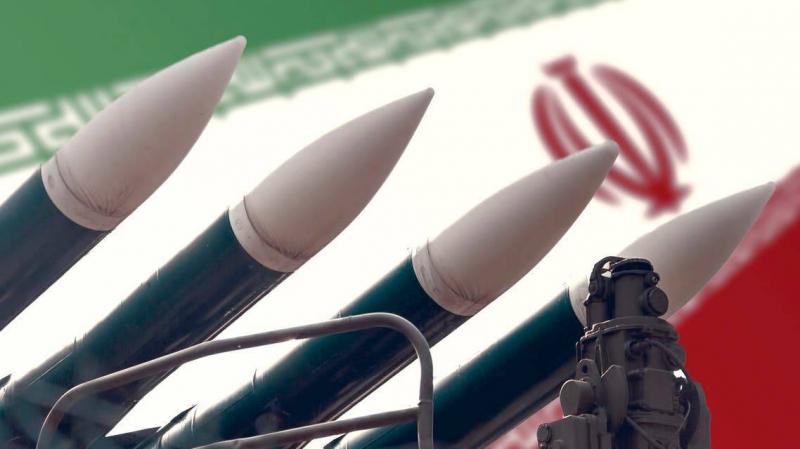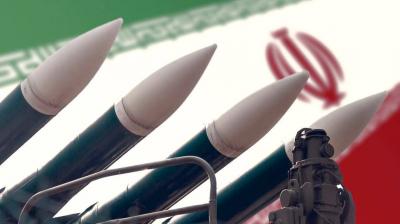The annual U.S. intelligence report, known as the "Annual Threat Assessment," has classified Iran as the primary threat to the interests of the United States and its allies in the Middle East. The report highlighted that Iran possesses a concerning stockpile of low-enriched uranium. It stated that Iran is focusing its efforts on enhancing the capabilities of its proxies to threaten U.S. allies, confirming that Iran's strategy aims to ensure the regime's survival and achieve regional dominance. This information comes from a report issued by the Senate Intelligence Committee, marking the first such report under President Joe Biden's administration.
The report cited Iran's support for the Houthis with weapons and advisors to facilitate attacks on Saudi Arabia, adding that Iran influences the frequency of attacks carried out by militias against U.S. interests in Iraq. Furthermore, it mentioned that Iran supports Iraqi Popular Mobilization Forces to maintain its military and political influence, and seeks to ensure the continuity of loyal elements within the Iraqi government.
According to the report, the killing of Qassem Soleimani, commander of Iran's Quds Force, resulted in a deterioration of Iran's regional alliances. It also indicated that U.S. sanctions on Tehran have led to rising inflation and a decline in the value of the Iranian currency. Additionally, it noted that Iran's stockpile of low-enriched uranium has increased fourteenfold compared to the limits set in the 2015 agreement.
The report also pointed out the growing threats from Iranian-backed Iraqi militias against U.S. interests, stating that Tehran is avoiding escalation with Washington as it evaluates the potential for regional withdrawal.
### European Attempts to Revive the Nuclear Deal
This report coincides with European attempts to revive the nuclear agreement with Iran amid regional opposition, citing that the 2015 agreement overlooked significant aspects of Iran's destabilizing role, such as its ballistic missiles and proxy wars across multiple regions. European parties, following the third round of Vienna talks aimed at persuading Tehran and Washington to return to the agreement, still perceive a long and uncertain path ahead, stating that there are “no guarantees” for the success of these negotiations; however, breakthroughs are not impossible. While Tehran insists on lifting sanctions in one go, Washington does not agree to this demand and has recently imposed sanctions on Iranian entities due to human rights violations.




